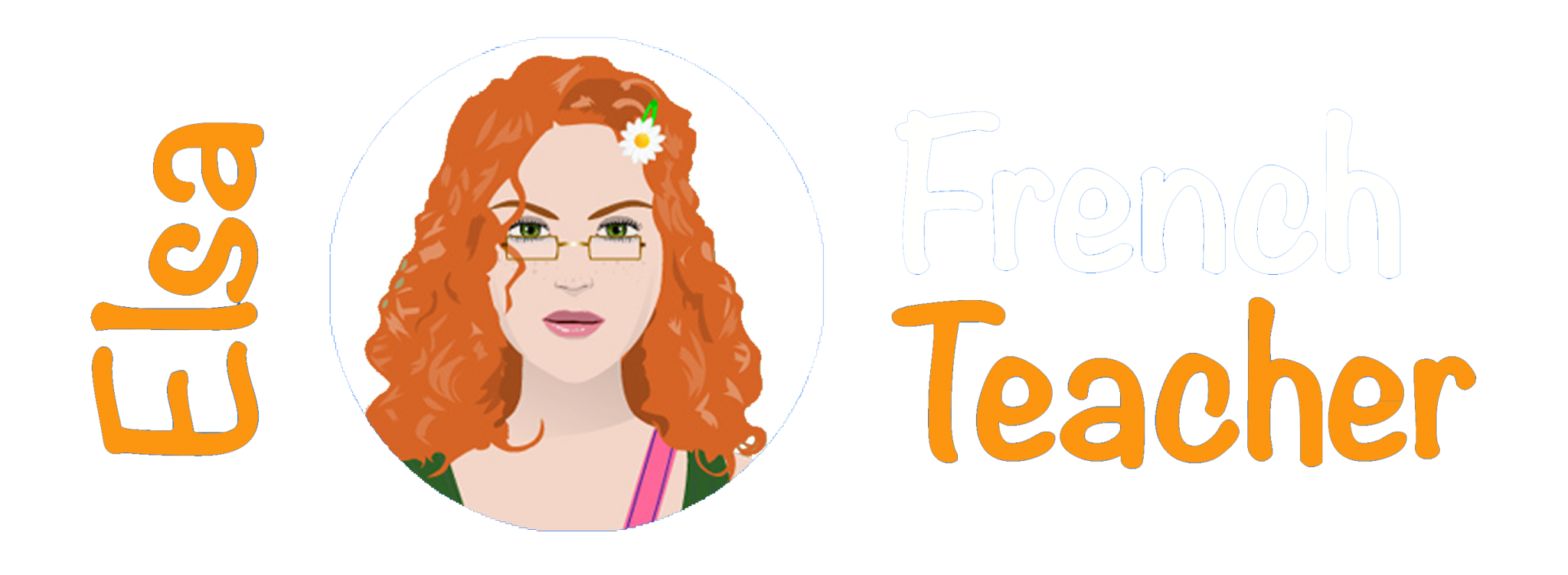
Modal verbs in French- A1 Chapter 2 Lesson 3
Click on the cross below to read the transcription
Transcription
Les verbes modaux en français : modal verbs
La liberté c’est le pouvoir de vouloir faire ce qu’on doit.
In this lesson I am going to help you understand this sentence.
What is a modal verb?
Bonjour à tous, I am very happy to meet you again today. On va apprendre une leçon très très très importante, ce sont les verbes modaux.
Pourquoi cette leçon est importante ? Why is this lesson important? It’s because we use the modal verbs all the time, tout le temps, and they are very useful, ils sont très utiles.
On commence avec le verbe vouloir. How do we use this verb? In my previous video, I taught you how to conjugate in the futur proche. If you remember, we use the verb »aller » in the present and we add the infinitive of the verb.
For the modal verbs, it is exactly the same.
Vouloir: want
You conjugate the verb vouloir in the present and after you add the Infinitive of the second verb. Let’s see some examples:
- Je veux partir en vacances : I want to go on holiday.
- Tu veux rester à la maison : You want to stay at home.
- Il veut sortir : He wants to go out.
There, you can notice that the pronunciation of the verb vouloir is exactly the same for the 3 first persons. After that changes:
- Nous voulons faire du shopping : We want to do some shopping.
Dont forget that if you don’ want to use »nous voulons » you can use »on veut »
- On veut faire du shopping : We want to do some shopping.
which is easier and more frequently used when we speak.
- Vous voulez jardiner : You want to garden.
- Ils veulent jouer au foot : They want to play football.
So you see that the verb vouloir is conjugated and after the other verb is not conjugated.
This is what you want but let’s see what you can do.
Pouvoir: can, to be able to
The conjugation of this verb is very similar to the verb vouloir. Let’s have a look:
- Je peux apprendre ma leçon : I can learn my lesson.
- Tu peux faire des progrès : You can make progress.
- Il peut comprendre le cours : He can understand the course.
- Nous pouvons mémoriser les verbes : We can memorize the verbs.
- Vous pouvez réussir l’examen : You can pass the exam.
- Ils peuvent devenir bilingues : They can become bilingual.
So there are things you want, things you can do and things you have to do.
Devoir: must, to have to
- Je dois travailler : I must work.
- Tu dois progresser : You must progress.
- Il doit écrire, elle doit écrire, on doit écrire : He must write, she must write, we must write.
- Nous devons parler : We must write.
- Vous devez écouter : You must listen.
- Ils doivent lire : The must read.
The infinitive
There are two things to remember with the modal verbs :
- You need to learn the verb vouloir pouvoir et devoir by heart because we use them all the time.
-
You need to know how to pronounce The infinitive.
We pronounce the -ER verbs with the sound [é] at the end, like »manger ».
We pronounce the -IR verbs with the sound [ir] at the end, like »finir », »partir ». So here we can hear the »R » and for the other verbs at the end.
We pronounce the -RE verbs with the sound [r] at the end, like »apprendre », »comprendre », »surprendre » et cetera.
The negation
If you’ve watched my previous video about the futur proche you’ll observe that it is exactly the same.
For example, if I want to say :
- I don’t want to live : je ne veux pas partir
You have »ne » before the modal verb and »pas » after.
Another example :
- I cannot stay : je ne peux pas rester.
If you want to say it quicker: j’peux pas rester.
- I must not answer : je ne dois pas répondre
You can also translate it with : I don’t have to answer.
So, in English you have two verbs »must » and »have to ». In French we translate both with »devoir ».
To finish
So, it’s important for you to know a lot of verb at the infinitive form. For that reason, I have created flashcards to learn the 100 most used French verbs at the infinitive.
You can find the code to have access to the flashcards in the description below
So now you are able to translate the sentence I’ve said at the beginning of this video! Give your explanations in the comments and I will be happy to correct you.
La liberté c’est le pouvoir de vouloir faire ce qu’on doit.
Je vous souhaite une très bonne journée, une très bonne semaine et je vous dis à très bientôt pour la prochaine vidéo. Ciao.
Bravo!
Get access to my three flashcards sets on Quizlet.com to learn the meaning of the most used words in French.
Follow the links :
VERBS : https://quizlet.com/_6kc8oe
NOUNS : https://quizlet.com/_2gm3z8
ADJECTIVES : https://quizlet.com/_2gm95e
And open the sets with the password : success
(I advise you to copy-past the shortcuts and the password in a private file to remember them 😉 )
+ ALSO In your mailbox, you'll find an message from me with a link to download my guide: ”How to conjugate French verbs”.
Enjoy !
Hidden Content











